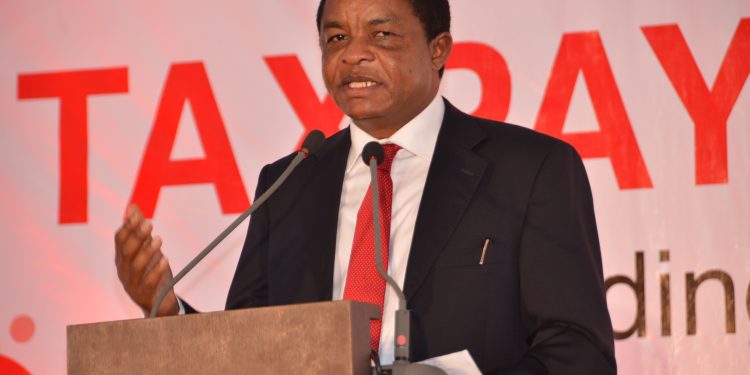The Kenya Revenue Authority (KRA) has accepted the National Treasury’s proposal to simplify the tax system in the country citing that it will result in a more inclusive model that will improve tax compliance.
During his budget speech last week, Cabinet Secretary Henry Rotich proposed several legal reforms that will improve KRA’s revenue collection.
Simplifying the Tax System
The proposal entails increasing revenue collection through the introduction of a 15 per cent presumptive tax on business licenses given to establishments in the informal sector.
Speaking at a post-budget stakeholder forum, Maurice Oray KRA corporate policy deputy commissioner said the Treasury’s proposal is in line with international best practices and it will help the Authority reach the revenue collection targets set by the government.
“The objective is to ensure that taxpayers are able to comply without any problems. In addition to the legal reforms, we have also undertaken administrative reforms to address the loopholes that exist. Together with the legal reforms, we should be able to not only meet the set target but also surpass it,” said Mr Oray.
Amendments to the tax policy could boost net revenue collection by 17.5 per cent from the existing target of Sh1.7 trillion.
Inadequate Enforcement Laws
According to the Authority’s head of market surveillance Caxton Masudi, there are inadequate enforcement laws in place to totally eliminate illegal trading, which is one of the hindrances to efficient revenue collection.
In addition, Mr Masudi observed that the proposed measures will prevent individuals from their continued involvement in the illicit trade.
“After fighting the illicit trade increasingly for close to one year the government has noticed weaknesses in the enforcement laws. For example, we have had problems with the penalties levied on persons that have been found importing illegal goods. For these, we have introduced a penalty of Ksh5 million. For people producing illegally within the country, we have decided to confiscate all the equipment used in the process,” he said.
KRA is expected to surpass these challenges to reach Sh1.9 trillion in gross revenue collection by the end of the upcoming fiscal year.



